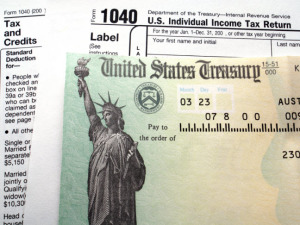 Today’s top story: How to turn unused credit card rewards into holiday gifts. Also in the news: Can college students booted for breaking COVID-19 rules get refunds, when to book your holiday travel, and how to get help from a food pantry.
Today’s top story: How to turn unused credit card rewards into holiday gifts. Also in the news: Can college students booted for breaking COVID-19 rules get refunds, when to book your holiday travel, and how to get help from a food pantry.
How to Turn Unused Credit Card Rewards Into Holiday Gifts
You may be able to use rewards or credits to cover food, charitable donations, streaming services, exercise programs and more.
Can College Students Booted for Breaking COVID-19 Rules Get Refunds?
Be prepared for consequences, like suspension and lost financial aid, if you break your school’s COVID-19 rules.
Should You Book Holiday Travel Now or Later?
Booking your holiday travel early comes with more flexibility now than in past years.
How to Get Help From a Food Pantry
There’s no shame in needing help, especially right now.
 Today’s top story: IRS Data shows agency, filers slow down. Also in the news: How to ask your bank or lender for help, how to protect your health with a clean car, and what to do if you get a bill for your Coronavirus test.
Today’s top story: IRS Data shows agency, filers slow down. Also in the news: How to ask your bank or lender for help, how to protect your health with a clean car, and what to do if you get a bill for your Coronavirus test. Today’s top story: Haven’t filed a tax return lately? You can still get a refund. Also in the news: The ultimate travel tip for couples, a new tax form that may help simplify filing for seniors, and what Trump’s budget plan would mean for you student loan debt.
Today’s top story: Haven’t filed a tax return lately? You can still get a refund. Also in the news: The ultimate travel tip for couples, a new tax form that may help simplify filing for seniors, and what Trump’s budget plan would mean for you student loan debt. Today’s top story: The biggest financial mistake women make. Also in the news: How to find the dirt on your tax preparer, nine states where you can file your taxes after April 15th, and experts reveal who is likely to get a lower refund this tax season.
Today’s top story: The biggest financial mistake women make. Also in the news: How to find the dirt on your tax preparer, nine states where you can file your taxes after April 15th, and experts reveal who is likely to get a lower refund this tax season.